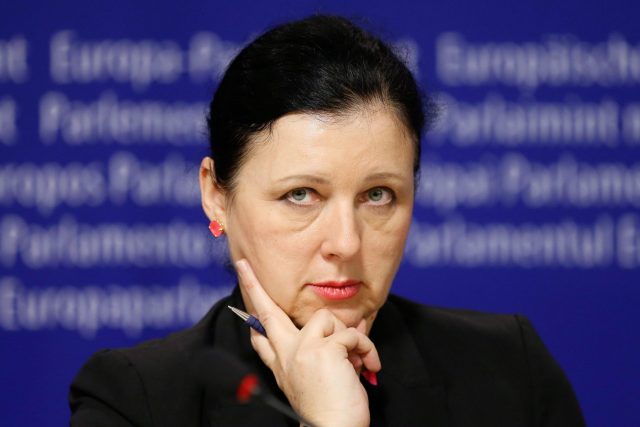
The Policy Department for Budgetary Affairs in the European Parliament has published a study stating that European Union (EU) transparency provisions with regards to non-governmental organisations (NGOs) are very limited.
According to the referred parliamentary internal policy department, there is no requirement for the European Commission or gran beneficiaries to maximise public transparency. This is of course an open door to potential corruption and ideologisation using taxpayers’ money.
Worse still, in coherence with the fact that transparency provisions at EU level are very limited, compliance with such limited requirements by the European Commission and by grant beneficiaries does not ensure public transparency.
In other words, we do not know and cannot accurately get to know who receives EU funds paid by us, why they receive them, who does not deserve them according to Union authorities, etc. This is clearly against the principle of “openness” proclaimed by the ECR Prague Declaration of 17 December 2013.
In order to solve this worrying situation, the European Commission has proposed a revision of the Financial Transparency System (FTS) of NGO funding. However, the study points out that the proposed revision does not include significant changes regarding public transparency.
As Lampedusa would have put it in his famous novel “The Leopard”, things change just in order for them to stay as they are.
We know that in 2022 the EU has assigned to NGOs more than EUR 8 billion under direct management. This is more than double the amount assigned in 2021 and approximately 4.6% of the EU annual budget. Direct management happens when the European Commission or EU executive bodies award grants directly to NGOs.
On top of direct management, the EU awards grants to NGOs through intermediate bodies; this is called indirect management. The current FTS does not provide details of grands awarded to NGOs by intermediate bodies under indirect management. An estimation of the amount of indirect funding versus direct funding is in the ratio of one to six. Information is fragmented and inconsistent, another sign of obscurity in the case of indirect funding, which should be urgently corrected.
A subsequent study published by the European Parliament Directorate-General for Internal Policies, for the areas of culture, media, education, youth and sports, also confirms that transparency should be improved in the portfolio of projects funded in those areas. In its current format, very limited analysis can be carried out on programme implementation for the period 2021-2027.
Once again, this means that the European Union cannot guarantee how public funds have been granted for the past three years and is not capable of assuring the same minimum requirement for the following three years period, either.
As a reaction to this situation, the European Parliament is negotiating a political report on transparency and accountability of non-governmental organisations funded from the EU budget. Within the Committee on Civil Liberties, Justice and Home Affairs, French MEP Patricia Chagnon (Rassemblement National, Identity and Democracy) proposed seven amendments to the committee opinion draft, namely amendments numbers 26, 37, 55, 74, 87, 101 and 122, all of them in order to increase transparency and accountability of funds.
Disappointingly, the European Conservative has recently informed that transparency rules are being watered down after successful left-wing lobbying not to disclose information about NGO funding. This impacts national security, as some of that hidden funding goes to third-country beneficiaries.
On the other hand, there is a clear contradiction between the political message formally defended by many NGOs – transparency and democracy – and their suspicious unwillingness to show that same transparency and democracy with regards to their own accounts and funding. Commission Vice-President for Values and Transparency Věra Jourová has proposed that funding is included in a “non-public part of the register”. However, this sounds like a rather unfunny game: If the register is non-public, how could one talk about transparency at the same time?
Source of image: Hungary Today



 Subscribe
Subscribe